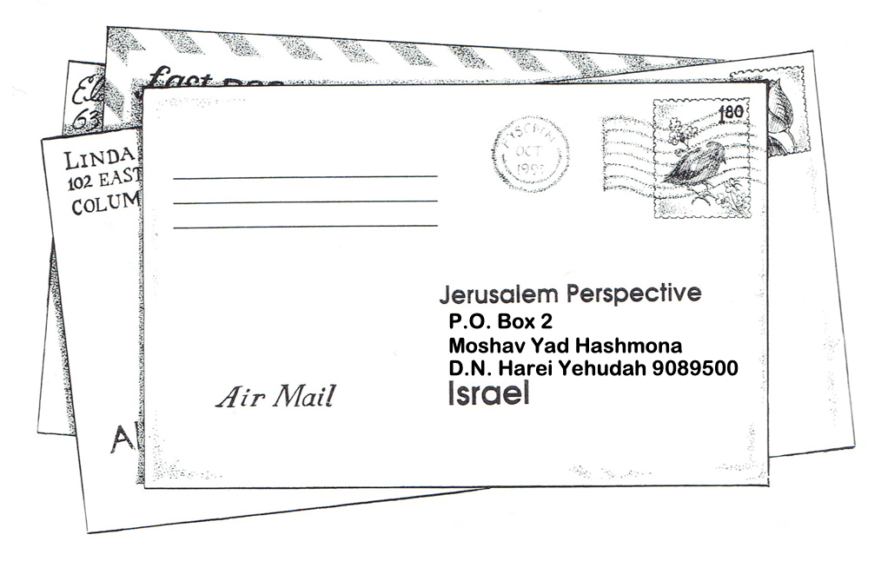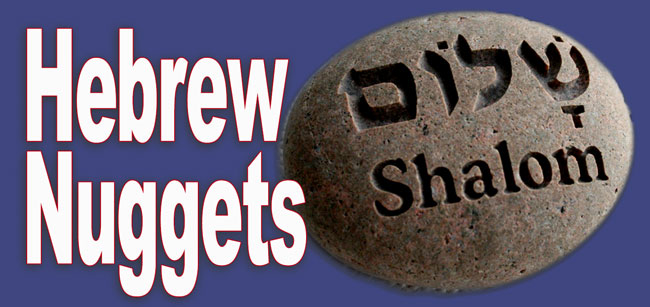Jesus claimed his interpretations would bring out the true intention of the Torah’s commandments without rendering a single verse, word, letter, or even pen stroke superfluous.
The Torah in the Sermon on the Mount
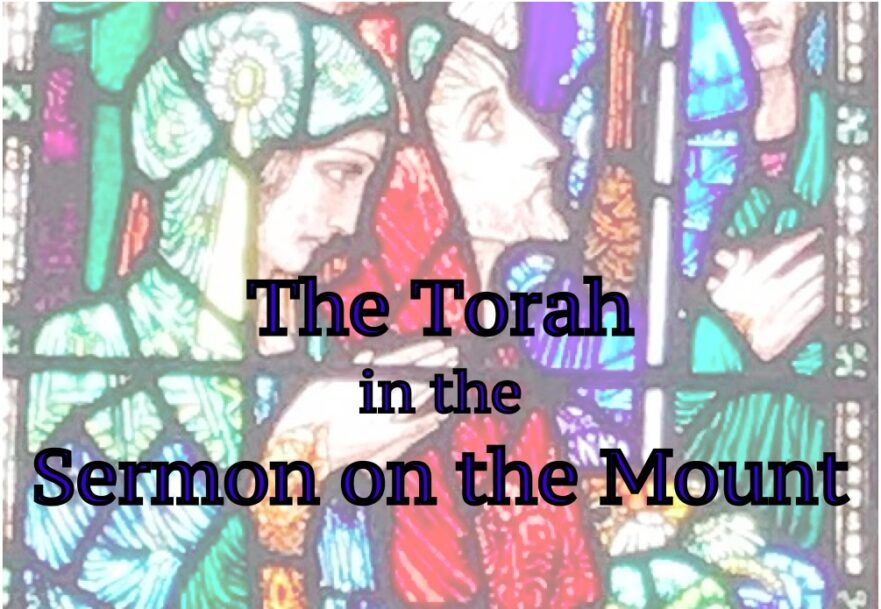
Neither in his personal conduct, nor in the Sermon on the Mount, did Jesus consider himself to be superior to the Torah’s commandments.
LOY Excursus: Sources of the “Strings of Pearls” in Luke’s Gospel
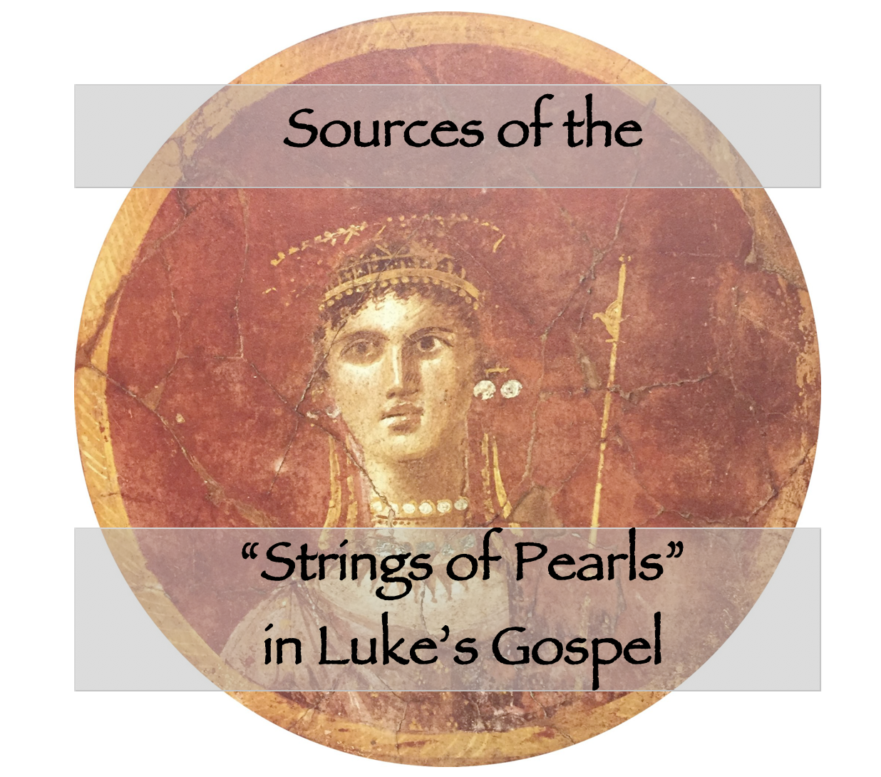
The “strings of pearls” (Luke 8:16-18; 9:23-27; 16:16-18; 17:1-6) offer an example of the outsized influence of the First Reconstruction on the synoptic tradition.
The Didache and its Relevance for Understanding the Gospel of Matthew

In this article, Professor Huub van de Sandt introduces readers to the fascinating treatise called the Didache, and discusses how this early Christian document, which was based on an earlier Jewish source, helps us understand the Gospel of Matthew.
The Significance of Jesus’ Words “Not One Jot or One Tittle Will Pass from the Law” (Matt. 5:18)

“Jot” and “tittle” are not everyday words in English. What do they mean and how should Jesus’ words in Matthew 5:18 be understood? Jerusalem Perspective‘s editor-in-chief, David Bivin, tackles these questions on behalf of a subscriber’s request for help.
Matthew 5:17: “Destroy” the Law
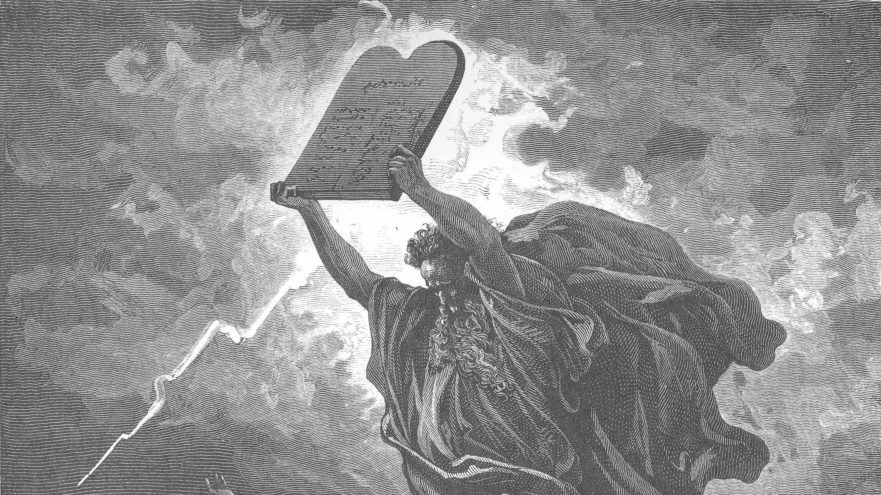
When a sage felt that a colleague had misinterpreted a passage of Scripture, he would say, “You are canceling (or, uprooting) the Torah!” In other words, “You are so misinterpreting Scripture that you are negating or canceling part of it.” Needless to say, in most cases, his colleague strongly disagreed. What was “canceling” the Torah for one teacher was “fulfilling” it for another.


